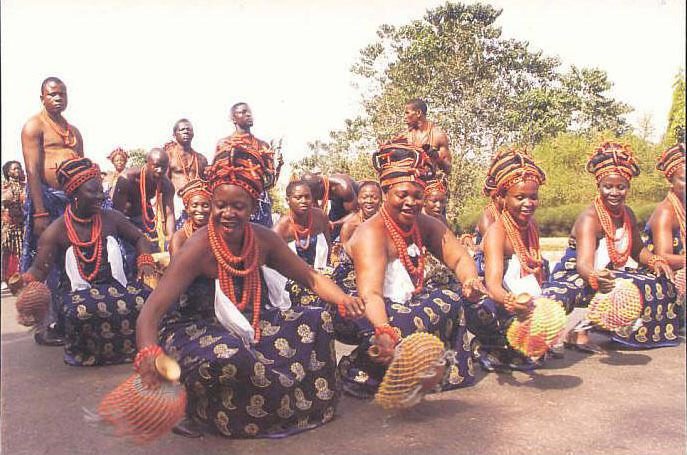
Nigeria has a range of cultural practices, ranging from the Magun to witch hunting and female circumcision and some just seem weird.
In this modern era, some of the practices which are considered a means of preserving cultural values and norms may appear strange and may even be considered outrageous by people from other parts of the world.
Let’s take a look at 7 cultural practices among various tribes in Nigeria which some may consider strange.
- Sharo Festival:
“Sharo” means flogging. It is a public ceremony that demonstrates to the society that a young man has come of age, and may take a wife. The young participant is continuously whipped by someone else, called a challenger, but he must show no signs of pain.
The Sharo cultural festival as a major event in the Fulani settlements attracts people from all works of life to witness the bravery spectacle exhibited by the young and energetic Fulanis. Usually held in a market place for a week, the festival displays the test of endurance and elicit the strength and perseverance of young males to withstand the pain emanating from severe flogging.
- The Magun:
The Nigerian society frowns at adultery. The Yoruba ethnic group has a powerful juju (black magic) called Magun for adulterers and most times the outcome is not palatable as the offender could lose his life. The Magun is placed in married woman without her being aware of it either by her husband or his family. If she commits adultery, her lover could end up losing his life or getting stuck while in the act.
- Inheritance Practices:
The inheritance practices are rooted in the belief by many that the wife herself is a property that can be passed around. In some Nigerian cultures, when a man dies, the wife could be inherited by one of the man’s brothers. However, these days, greedy relatives use it as a way to access the late man’s wealth. This practice is becoming a thing of the past as more women are becoming enlightened and rejecting it.
- Widowhood Practice:
As if it is not enough that a woman lost her partner to the cold hands of death, she would be subjected to further humiliation to prove she has no hand in his death. In some Nigerian cultures, the widow is forced to drink water used in washing her husband’s corpse. Family members of the deceased also forcefully shave her hair and make her sleep with the corpse. This is done to prove that the widow is not responsible for her husband’s death. This culture is gradually going out of practice.
- The Servicehood or Nwaboy Phenomenon:
This is mostly practiced by the Igbos. The Nwaboy or servant serves the master in return for settlement, often in the form of an automobile spare part shop; electronics or super market. During this period, the Nwaboy stays under the masters’ tutelage for an agreed number of years to learn the ropes of the business. After he faithfully serves his master for the number of years, he is rewarded. Sometimes, it is not advantageous to the Nwaboy as the master ends up cheating him out of his reward.
- Female Circumcision
Many tribes in Africa still follow this scary tradition. Nigeria is one of the countries in Africa where female circumcision is widely practiced. For men, circumcision is partial or complete removal of foreskin around the genitals and for women it is removal of genitals. This is meant to preserve the chastity of women. As the level of education increases, the likelihood of supporting the practice of female circumcision reduces and regular use of media of communication such as radio and television is an influential factor against the practice of female circumcision in Nigeria.
- Witch Hunting:
This is practiced mostly among the Edos. If a man or woman is suspected of practicing witchcraft due to strange occurrences or deaths in the family or community, he or she will be taken to a witch doctor. The suspect undergoes all kinds of torture to force the truth out of them and they end up confessing. The confession is enforced by the witch doctor and if the suspect is found guilty, he or she will be ex-communicated from the community.
What other strange traditions do you know about?
Hi! I am a robot. I just upvoted you! I found similar content that readers might be interested in:
https://ciannamichelleblog.wordpress.com/tag/sharo/
actually they follow wild traditions untill now.